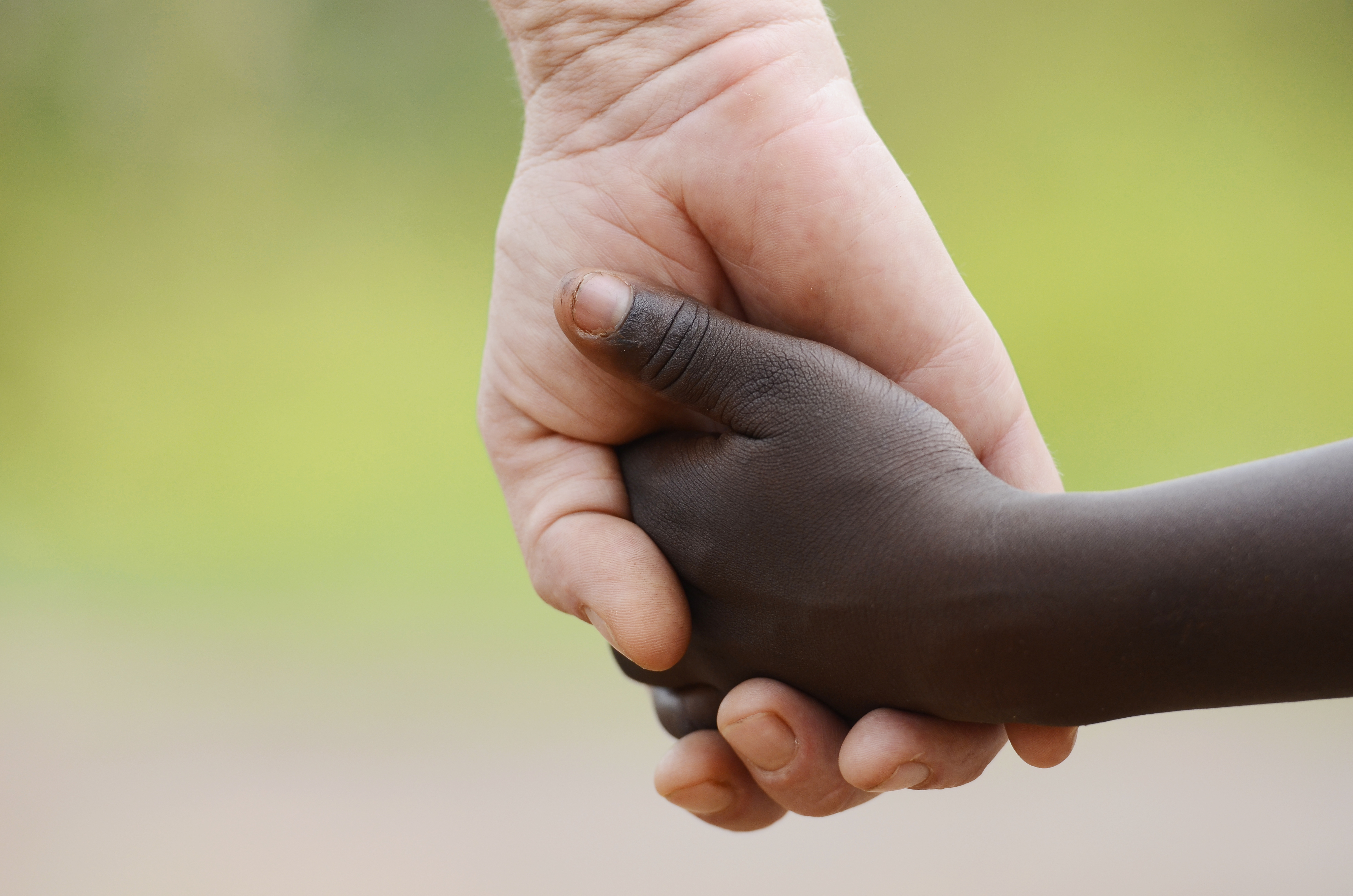Should white families be able to foster and adopt children from ethnic minority backgrounds? It’s a question that has been thrown into the limelight in recent weeks, thanks to Channel 4’s prime-time drama Kiri. The ‘whodunit’ thriller gripped the nation as it searched to uncover the killer; but as it unfolded, debates around social work, mental health, society, and race all entered the mix.
While watching the programme and listening to the arguments forming around it weighing up whether black children should only be adopted by black families, I felt compelled to give my input: after all, this is MY story. I was a black child successfully and happily adopted at three months old by a white family, and I believe that I am now the embodiment of how the system can succeed and how interracial adoption can have so many benefits. It is thanks to, rather than despite, my unconventional background that I have grown-up to enjoy success as a published children’s author, motivational speaker, award-winning behavioural development executive coach, global business owner and the founder of a women’s empowerment platform.
My adoptive family offered me all the support, understanding, commitment, and love any child could ever wish for. I was cared for in the most compassionate way and my family never made me feel separated or different from them: my ethnicity was never something they saw as a barrier. The only problem I ever faced actually came from outside of my adoptive family unit: external influences who did not have the understanding or appreciation to see that what ‘family’ boils down to at the end of the day is not colour or race, but love.
According to Birmingham city council, there are approximately 1,800 children in care, many of who need a foster home. On its website, it also adds that it needs “foster carers who reflect Birmingham’s diverse population of children and young people,” suggesting that there is a desire to match up children’s ethnic backgrounds to that of their found family. I feel that this is an unnecessary hoop for families looking to foster and adopt to jump through; surely, instead of making decisions based on colour, surely we should be prioritising love?
I don’t buy into the ‘black and white argument’ because I think that in itself is limiting. Surely, we should not be suggesting that because you are black you can provide a better environment than you can if you are white, and vice versa? If we are doing that, we just putting ourselves back several hundred years. I certainly won’t buy into that. In a world where our family units now are predominantly mixed in some way, shape, or form, surely that belief has to be hypocritical? Surely it has to be damaging?
Mixed-race people are the fastest growing ethnic group in the UK and numbered 1.25 million in the 2011 census, a figure set to increase by 2021 (particularly as a result of the 2.33 million mixed-race couples also recorded). If we are to suggest that it is necessary for children and their adopted parents to share the same ethnic backgrounds, surely we’re undermining the huge strides we’ve made in the direction of multicultural society?
The colour of our skin has absolutely no bearing on our ability to teach and nurture. My white mother has been the greatest teacher in my life, leading with kindness and compassion. It never came down to race.
But what about culture?
To me, culture is vital – but I think we need to redefine what we mean by ‘culture’: so often, it is suggested that we inherit culture, but I think that it is actually a set of values and beliefs that we learn and make our own. In a corporate sense, a business culture is formed over time and is not set out on day one. It is a fluid and evolving element, that relies on the people that make it up in the present – not a stagnant statement that is held onto regardless. Culture is therefore built and I think this is vital to consider in the context of families.
City councils need to take responsibility to reflect this in their fostering and adoption systems, focusing far less on the boxes that people are ticking next to ethnic background, and far more on humanity, humility, and connection.
I’d hate to imagine what my life would have been were my family denied the opportunity to adopt me because we don’t share the same skin colour. I am a product of the incredible support that my adoptive family showed me. Today, I am an award-winning behavioural development executive coach, a published children’s book author, a motivational speaker, an entrepreneur, and, on top of all this a mother (and now a grandmother!) myself: there is not a doubt in my mind that this is all a result of my upbringing, and I call on the city council to listen to the experience that I, and so many others, have had when making choices in the cases of these families. To allow colour to get in the way of love would be nothing short of a travesty.


